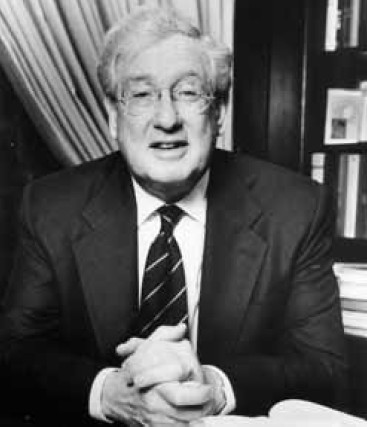Institute for Advanced Research
Founded in 2023, the Center for Jewish History’s Institute for Advanced Research welcomes an annual cohort of fellows who conduct research in the collections of the Center’s member partners. The fellows represent a mix of advanced-, mid-, and early-career scholars who are working on book manuscripts, dissertations, and other academic projects. The incoming cohort will be actively engaged in the intellectual and cultural life of the Center, partaking in regular workshopping sessions of their ongoing research, delivering public presentations, and participating in the special symposia sponsored by the Jewish Public History Forum.
The Institute for Advanced Research represents a notable expansion of the Center for Jewish History’s longstanding fellowship program. Since its creation in 2002, the Center’s fellowship program has supported the research of more than 150 fellows from more than 50 leading national and international universities. In the process, it has become the preeminent American destination for researchers in the field of Jewish history. The new Institute builds upon this stellar track record by gathering a diverse, international, and interdisciplinary group of scholars. Starting in 2025-26, the Center’s Academic Advisory Council will be directly involved in the selection of all fellows in the Center’s annual fellowship cohort. Please click HERE for on our new FAQ document about the fellowship program.
Fellows are encouraged to spend at least three days per week in residence in the Lillian Goldman Reading Room using archival and library resources. Fellows are expected to participate in the Center for Jewish History Fellowship Seminar Program, attend all the meetings of the fellowship program cohort, present a pre-circulated paper to be discussed at one of those meetings, deliver a minimum of one lecture based on research conducted at CJH, and submit a report upon completion of the fellowship describing their experience as a Center Fellow.
The Institute for Advanced Research also sponsors Scholars’ Working Groups. These groups provide a forum where scholars at all career stages can share their research and ideas and ultimately create an interdisciplinary community. The Center welcomes proposals on a particular topic or question to be explored in the scholars working group from a variety of historical, disciplinary, and contextual perspectives.
For a complete list of available fellowship programs, please click below to view descriptions and application guidelines. Questions about the fellowship program may be directed to the Fellowships Administrator.
Learn More
The Center for Jewish History is extremely proud of the last two decades of Fellows. Learn about their experiences, and their research.




